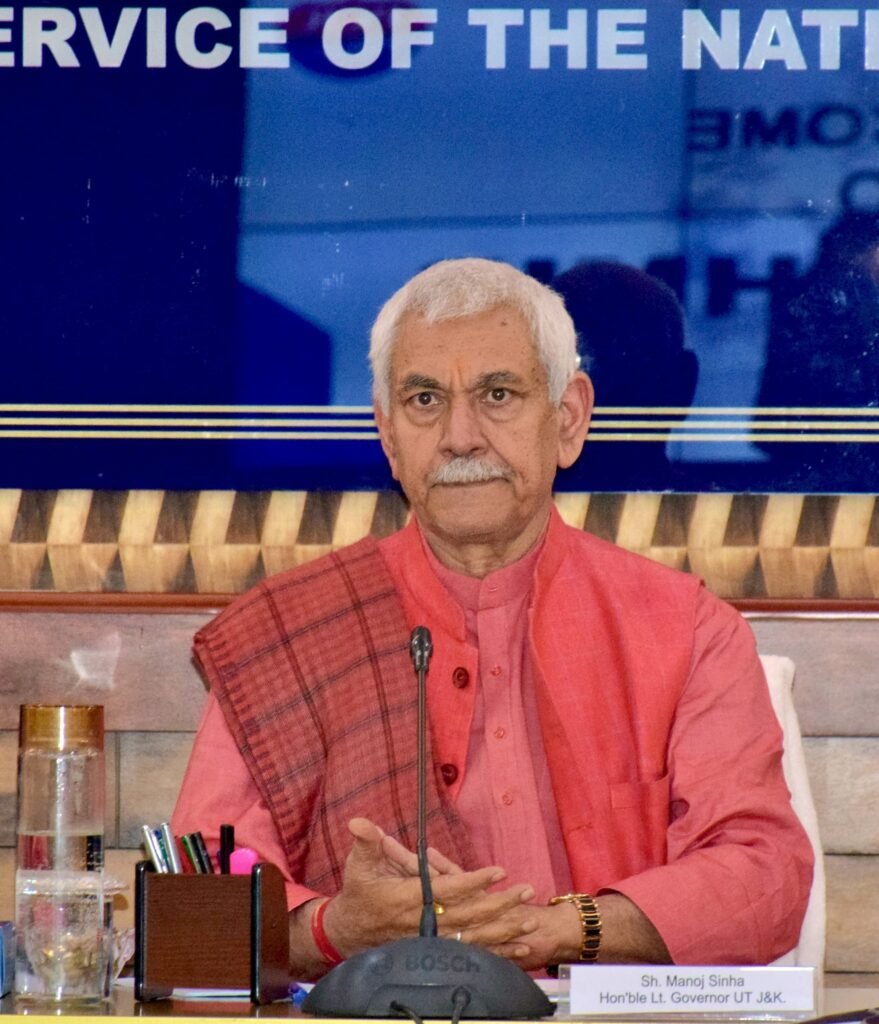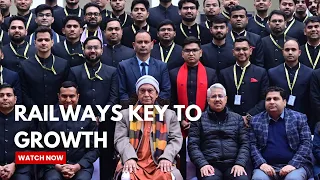Jammu & Kashmir, August 2025 — The transformation of Jammu & Kashmir since its reorganisation into a Union Territory in 2019 has ushered in a wave of progressive reforms benefiting women, marginalised communities, and the youth. The implementation of a uniform legal framework and the introduction of new residency laws have extended benefits to refugees from Pakistan, Valmiki community members, Gorkhas, displaced citizens, sanitation workers, and children of women who marry outside the region.
The Union Territory is fast emerging as an agricultural growth hub, ranking third at the national level. Schemes such as the JKCIP and Holistic Agriculture Development Programme (HADP) are making agriculture more market-oriented and climate-resilient. With an investment of ₹5,013 crore jointly by the Centre and the UT government, HADP is equipping farmers with modern farming techniques, improved water management systems, advanced seeds, and cutting-edge technology. The initiative is also expected to generate nearly 300,000 new jobs.
Grassroots democracy has gained fresh momentum with the formation of District Development Councils and the strengthening of the Panchayati Raj system. Robust participation in local elections has reinforced public trust in governance.
Infrastructure Push
Connectivity in Jammu & Kashmir’s remote areas remains a top government priority. Landmark projects such as the Qazigund–Banihal Tunnel, Chenab Bridge, and Anji Khad Bridge are enabling safer and faster travel across the region. The UT is also working to double its power generation capacity with hydropower projects like Pakal Dul, Ratle, and Kiru, while targeting 600 MW of renewable energy production by 2030.
Under the Jal Jeevan Mission, household water supply coverage has jumped from 31% to 81%, reaching over 1.5 million homes. Irrigation initiatives like the Shahpur Kandi Dam are boosting agricultural productivity.
Tourism Revival
In 2023, Jammu & Kashmir welcomed 22.5 million tourists, including 55,000 international visitors. The Amarnath Yatra alone attracted over 500,000 pilgrims — the highest in 12 years and only the fourth time the figure has crossed the half-million mark. The pilgrimage is seen as a powerful symbol of unity and communal harmony, reflecting India’s rich cultural heritage.
Democratic Milestones
The successful conduct of Lok Sabha elections in the region has been hailed as a historic moment for democracy, marked by high voter turnout and peaceful polling. This milestone points to a political environment no longer marred by violence and unrest, paving the way for increased public participation and stability.
Film Industry Returns
With improved security and governance, Bollywood has returned to shoot in Kashmir’s scenic locales — Gulmarg, Pulwama, Sonamarg, Srinagar, and Pahalgam — after decades. Fresh permits are being issued, reviving the region’s cinematic legacy and contributing to the local economy.
Healthcare and Digital Growth
The establishment of new medical colleges, AIIMS campuses, and Unani medical institutes marks a significant leap in healthcare infrastructure. Under the PMJAY–Sehat scheme, more than 8.5 million residents are receiving free medical treatment.
Digitally, Jammu & Kashmir is leading with initiatives like PHGHA and JKIT Vision, ensuring transparent and efficient public services. Through JKRIS, the UT is protecting its forests and promoting forest-based industries, creating jobs for forest-dependent communities.
Over 215,000 homeless families have been provided permanent housing, ensuring safe shelter for all citizens.
A Journey Towards Peace and Prosperity
This ongoing journey of change is now driven by renewed commitments to peace, unity, and prosperity. Enhanced infrastructure, employment opportunities, and improvements in education and healthcare have brought the region firmly into the national mainstream. Under the leadership of Prime Minister Narendra Modi, a focus on transparency and good governance has further strengthened public faith in democracy.











